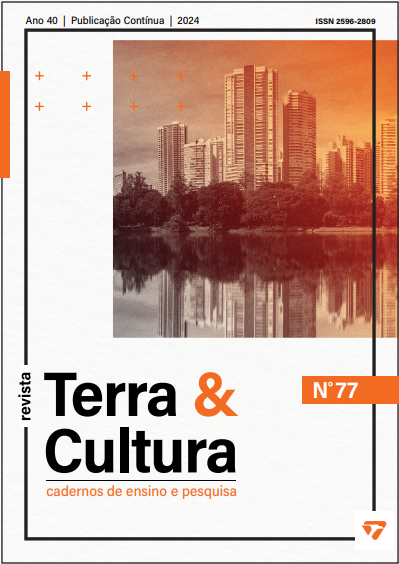Resíduos agroindustriais do Vale do Ivaí-PR: potencial biotecnológico para a produção de cogumelos comestíveis e enzimas industriais
Resumo
Os resíduos agroindustriais são fontes importantes de matérias primas com potencial biotecnológico, no cultivo de cogumelos comestíveis e produção de enzimas industriais. A gestão eficiente dos resíduos gerados pela agroindústria reduz impactos ambientais e potencializa desenvolvimento de tecnologias sustentáveis. Os resíduos gerados na produção agroindustrial, que se acumulam no ambiente, tornam-se uma preocupação crescente, a destinação sustentável é uma alternativa crucial para reduzir impactos ambientais e agregar valor econômico. O objetivo deste trabalho foi a) eleger resíduos agroindustriais gerados no Vale do Ivaí para o cultivo de cogumelos comestíveis do gênero Pleurotus e b) avaliar o potencial biotecnológico para produção de enzimas extracelulares. Foram feitos testes de crescimento com três cepas de Pleurotus sp., popularmente conhecidas como shimeji preto, shimeji branco e shimeji salmão, empregando-se quatro resíduos agroindustriais. A análise da produção de enzimas celulases, fenoloxidases e amilases para cada um cepas de basidiomicetos foi realizada pela técnica cup plate, com substratos enzimáticos específicos. A enzima fenoloxidase foi produzida em todos os meios de cultivos e cepas de shimeji. A atividade enzimática de celulase foi identificada apenas nos cultivos com cepas de shimeji salmão. Embora não tenha ocorrido a formação de primórdios de frutificação durante a etapa de produção de cogumelos, observou-se o desenvolvimento completo da micelização nos meios de cultivo. Conclui-se que a gestão adequada dos resíduos, aliada ao cultivo de cogumelos comestíveis e a produção de enzimas, apresenta uma alternativa inovadora e sustentável. Contribuindo significativamente para a redução do impacto ambiental e o desenvolvimento de soluções economicamente viáveis.
Palavras-chave: resíduos agroindustriais; potencial biotecnológico; Pleurotus sp.,; impacto ambiental.











